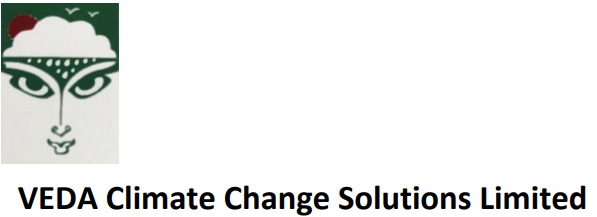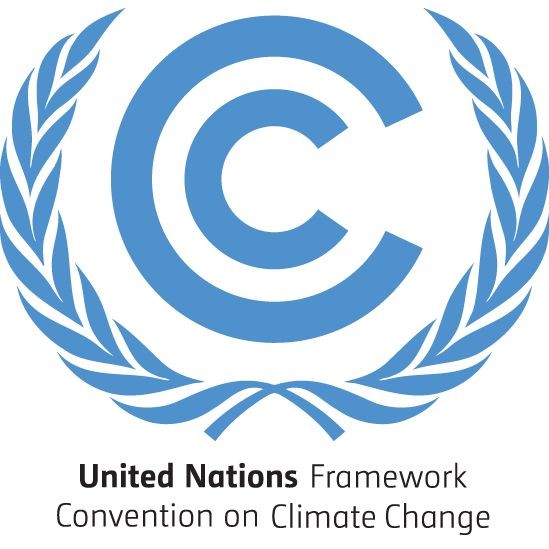Improving Livelihoods of Smallholders through Carbon Market Mechanisms
“Climate change and global poverty are two sides of the same coin. Both challenges must be addressed together. If we fail on one, we will also fail on the other.” said Nicholas Stern, Member of the House of Lords of the United Kingdom
Poverty eradication and Climate change alleviation have emerged to be the most discussed issues today. They have become overarching Sustainable Developmental Goals, which cannot be resolved via “Business Usual” methods through donors or governments. The need of “Business Unusual” methods has emerged, where the stakeholders would become shareholders, thus successfully eliminating poverty and mitigate climate change. A range of Socio-economic, Technological and Environmental innovations are needed to achieve a low-carbon economy and environment.
In pursuance of the above, VEDA Climate Change Solutions Ltd (VCCSL) had been established as an Enviro-social enterprise / Knowledge Processing Organisation (KPO) to link grassroots with global mechanisms such as UNFCCC (United Nations Framework Convention on Climate Change), Acorn, VERRA, Gold Standard, etc for social advancement, environmental improvement and also for economic development.
This innovative venture aims to generate Social Credits in addition to Carbon Credits by integrating socio-economic and environmental benefits into the business of development for the benefit of deprived, marginalized and vulnerable sections of the society with emphasis on women and also the corporates.
While the carbon credits i.e VERs (Verified Emission Reductions)/CERs (Certified Emission Reductions)/CRUs (Carbon Removal Units) would provide additional revenues to the farmers, the Corporates/Development agencies/ Governments in both developed and developing countries can use these carbon credits to offset their carbon footprints in their efforts to become carbon neutral.


Our Focus Areas
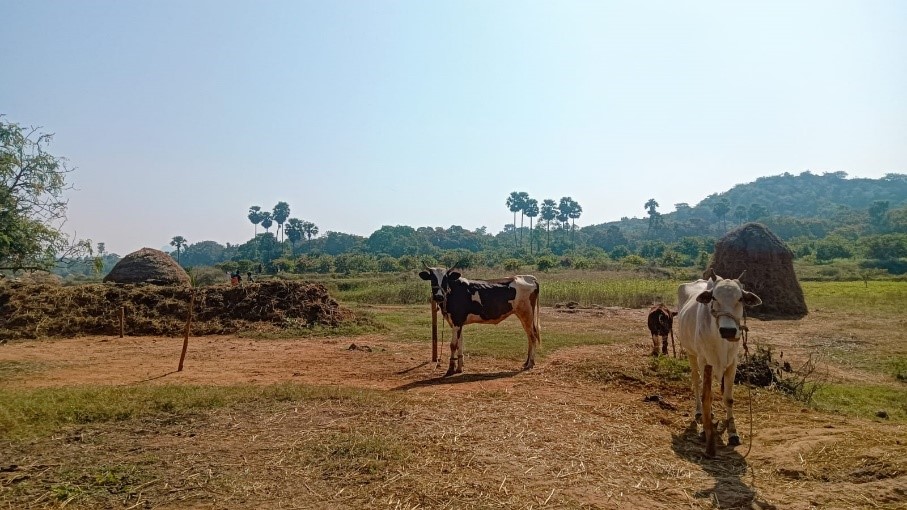
Mitigating and Adapting to Climate Change through Nature Based Solutions
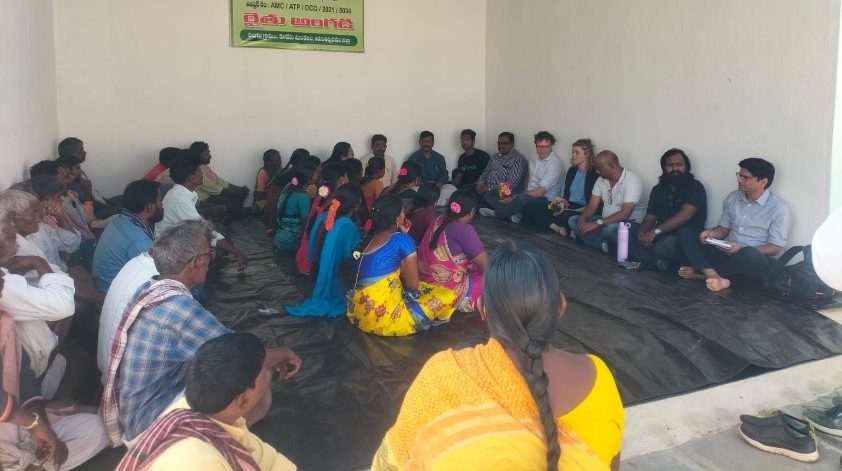
Building Capacities of multiple stakeholders including communities

Farmer Centric Approach
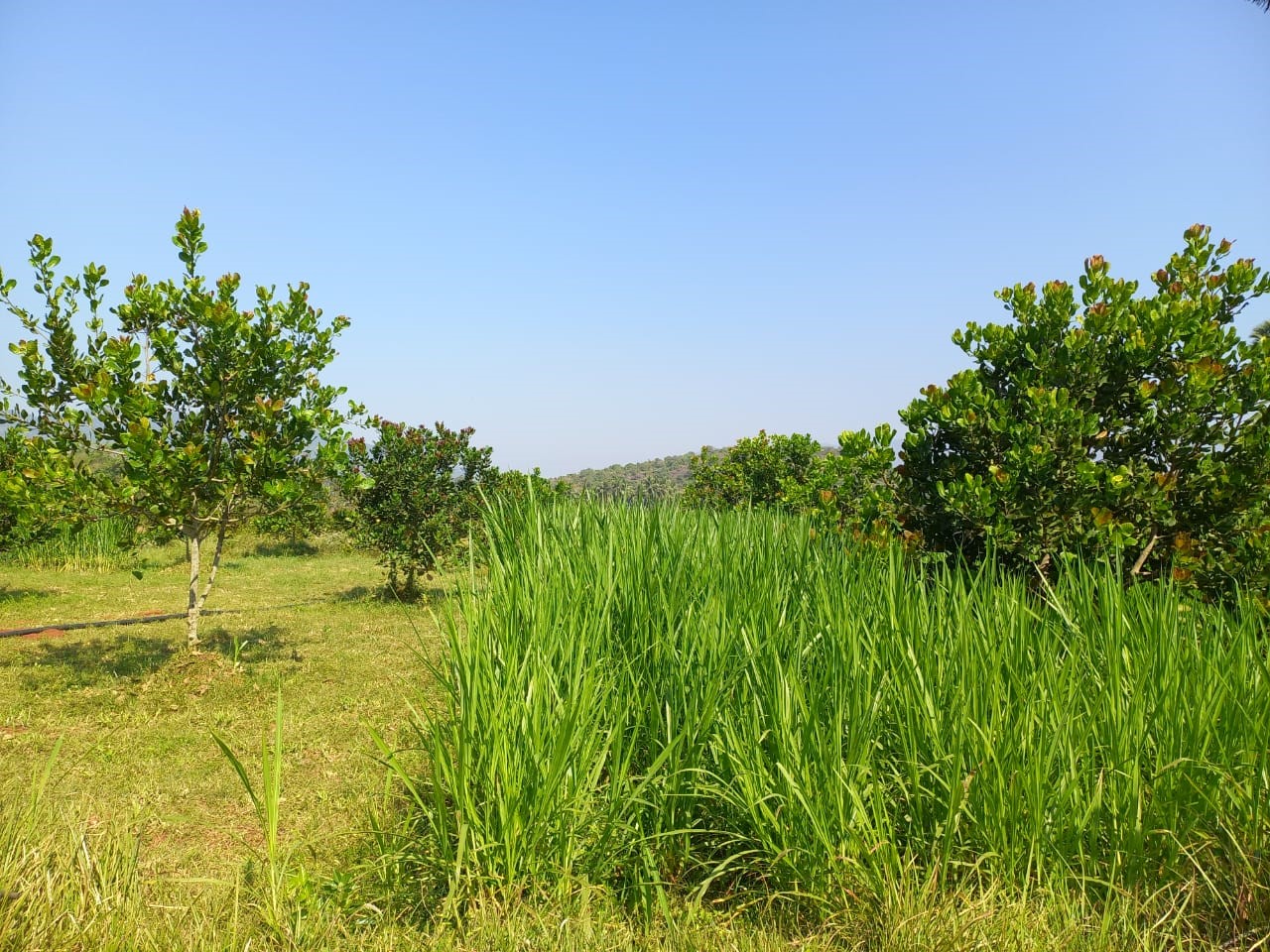
Environmental benefits
- Sequestration of Soil Organic Carbon, above and below ground biomass
- Improvement in soil productivity through nutrient cycling process.
- Increased adoption of Sustainable Land Management (SLM) and Climate-smart agriculture.
- Reduction in pollution due to nil/low usage of fertilisers and pesticides.
- Increased usage of wood in place of synthetic construction materials will reduce greenhouse gas emissions.
- Creation of habitats for birds and wildlife.

Social benefits
- Improved quality of life of tribals, forest dwellers and other indigenous groups through additional income from carbon credits.
- Increased employment opportunities from land preparation, pre and post-planting operations, etc.
- Empowerment of women and youth to strengthen social cohesion.
- Increased awareness on climate change, methods to mitigate and adapt to it.
- Increase in fodder availability will lead to an increase in the rearing of domestic/farm animals.
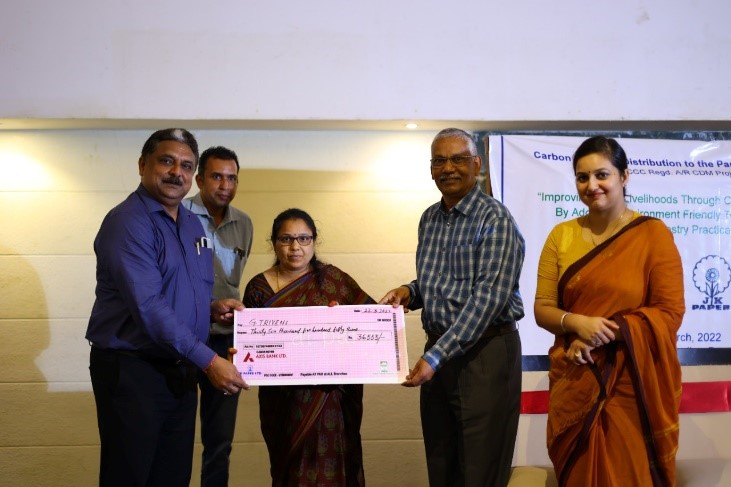
Economic benefits
- Access to international voluntary carbon markets.
- Increased revenue from the sale of carbon credits.
- Increased revenue from adoption of agroforestry
- Lower costs from use of renewable energy sources such as biogas stoves.
